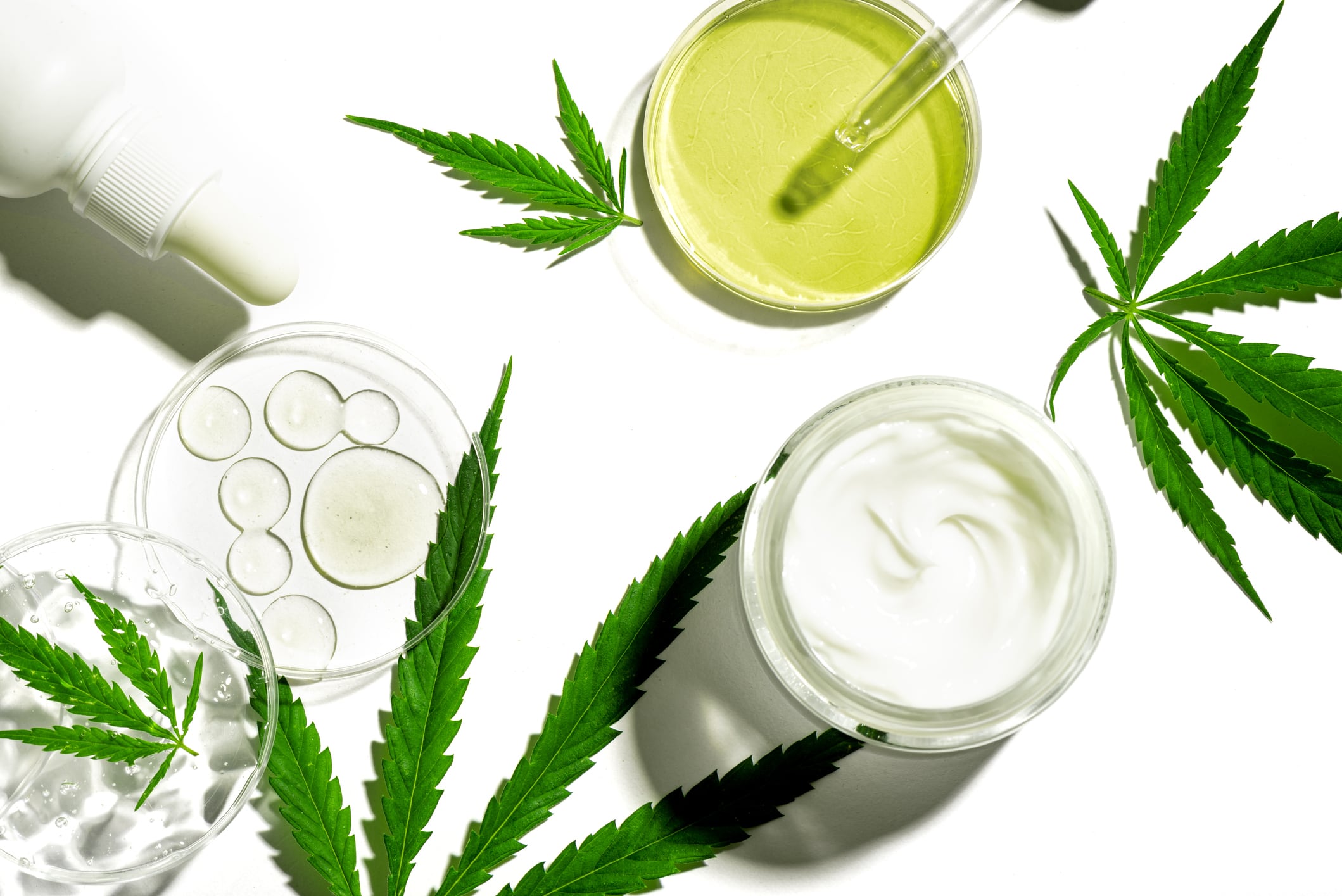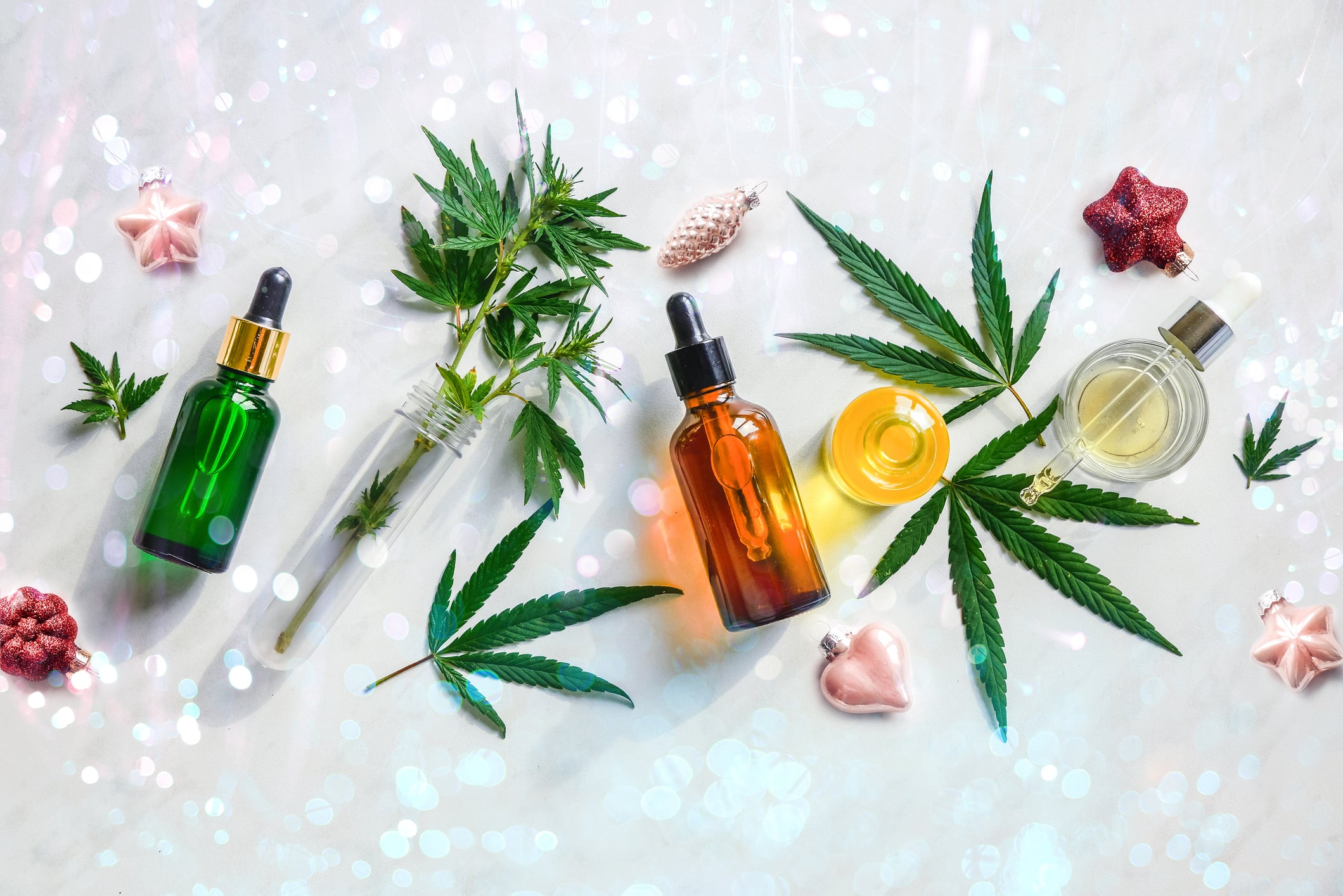Issued by the authority’s Panel on Contaminants in the Food Chain (CONTAM), the new scientific opinion on delta-8-tetrahydrocannabinol provides a group acute reference dose (ARfD), which previously applied solely to delta-9-THC.
The European Commission and Member States will now consider if regulatory measures are needed for delta-8 THC in food to protect consumers from potential health risks.
Luca Bucchini, managing director at Hylobates Consulting Srl, told NutraIngredients the impact for CBD manufacturers is that they will need to test for both cannabinoid forms.
“The UK FSA advises to keep delta-9-THC below 70 µg/day delta-9-THC," he said. “This value was derived based on a COT opinion taking into account EFSA’s opinion on this substance; now, the reasonable expectation is that the combination of delta-9-THC and delta-8-THC be below 70 µg/day.”
Jerome Le Bloch, head of scientific affairs at FoodChain ID, said the limit should not pose a challenge for CBD supplement developers, but he recommended manufacturers analyze THC content using a sensitive method, with detection limits as low as possible to ensure compliance.
He added that novel food applicants will also need to demonstrate that products are in line with this limit.
While the update may seem like an additional hurdle for CBD manufacturers, it could work to improve consumer and retailer trust, Joris Geelen, manager at Food Law Consult, told NI.
“I do think that having a clear, science-based safe threshold for delta-8 THC benefits the CBD supplement market by providing a measurable safety benchmark,” he said. “This will contribute to improved consumer and retailer trust since it addresses concerns about psychoactive effects and sets a standard for consistent product safety. It can facilitate market acceptance, reduce ambiguity, and support regulatory clarity for products labeled as hemp-derived but containing cannabinoids.”
Supplement THC levels
Delta-8 THC is a psychoactive cannabinoid occasionally detected in products from the hemp plant Cannabis sativa such as hemp leaves, seeds and oil. It is also detected in food products such as candies and supplements marketed as hemp products.
Consuming delta-8-THC impacts cognitive and psychomotor abilities and increases heart rate in a similar way to delta-9 THC, the main chemical responsible for the psychoactive effects of cannabis, according to EFSA’s report.
EFSA’s latest exposure assessment stems from the risk of contamination in legal hemp products (hemp flour, hemp oil) and in animal food derived from animals which ate hemp.
The report concludes that most hemp-based foods contain very low levels of delta-8-THC, with higher levels and detection rates in products like confectionery, sweetened foods and supplements.
Supplement developers might unintentionally enrich content of THC in their products, the report explained, as CBD can be converted to THC as a result of interaction with acid or heat.
The report noted that many of the samples with relatively high delta-8/delta-9 ratios are products classified as food supplements which includes hemp extracts (e.g. ‘CBD oils’).
“In these extracts, certain cannabinoids could be enriched by fractionation of the extracts, or usually high levels of CBD in CBD oils could result in the unintentional formation of ∆8-THC from CBD under conditions that favor the cyclization of CBD (e.g. acidic conditions)," it stated.
“Even if only a minor percentage of CBD would be transformed, this would lead to measurable amounts of ∆8-THC due to the high concentrations of CBD. Furthermore, high ratios were also observed in matrices such as jelly candies that are known to be used as carriers for psychoactive substances that are not (yet) regulated, for example, some semisynthetic cannabinoids.”
However, Lara Skoblikov, Partner at Food Compliance Int. explained that once adjusted to take account of the proposed uses of no more than 10 mg of CBD a day, THC levels in supplements should fall below the ARfD identified by EFSA of 70 µg/day for a healthy adult, as noted in a recent FSA consultation report.





